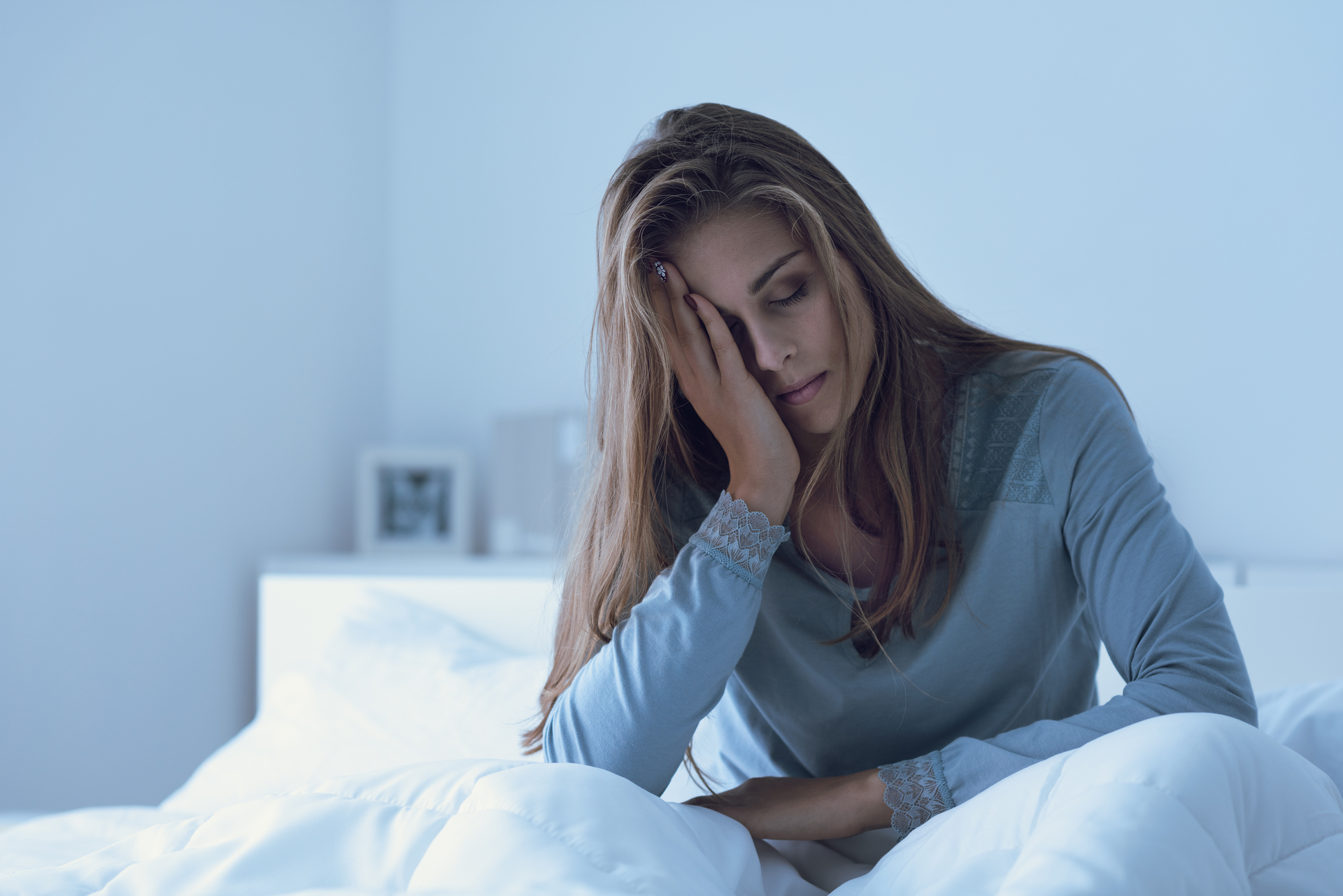
We all need sleep to help our bodies recover from our day and allow healing to take place. It is unsurprising that there is a close relationship between sleep and mental health. Living with a mental health problem can affect how well you sleep, and poor sleep can have a negative affect on your mental health.
How can mental health problems affect sleep?
Your mental health can impact your sleep in numerous different ways.
Anxiety can cause your mind to race which makes it harder to sleep. Excessive worry and fear also make it harder to stay asleep through the night.
Depression often leads to oversleeping and causes you to feel tired during the day. It can also cause sufferers to have trouble falling to sleep or staying asleep.
Post-traumatic stress disorder (PTSD) can cause the sufferer to have nightmares or night terrors. This can lead to trouble falling asleep and staying asleep, as well as causing anxiety throughout the day at the thought of going to sleep.
How to improve sleep?
Talk to a therapist: There are several different kinds of therapies that help with sleep. Hypnotherapy is an excellent therapy for improving sleep, other therapies include CBT and psychotherapy.
Keep a regular sleep/wake time: Keeping a consistent sleep schedule promotes sleep quality and gives your body the opportunity for a full nights sleep. It also helps your body prepare for sleep and wakefulness, making it easier to fall asleep at night and wake up in the morning.
Get outside: Spending time outside is a great way to aid sleep. Exposure to sunlight helps your body’s internal clock, our circadian rhythm, and gives us cues when to be alert and when to be asleep.
Exercise regularly: A good way to spend time outside is exercising. You gain the exposure to sunlight as well as improving the quality of your sleep. Research suggests that those who engage in light, moderate or vigorous exercise have a better quality of sleep.
